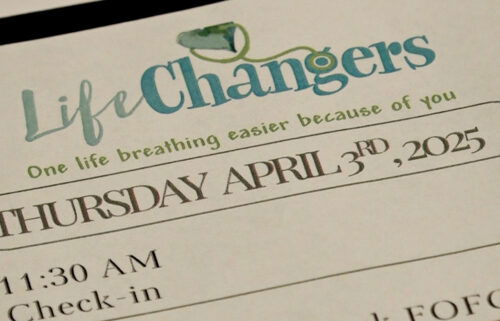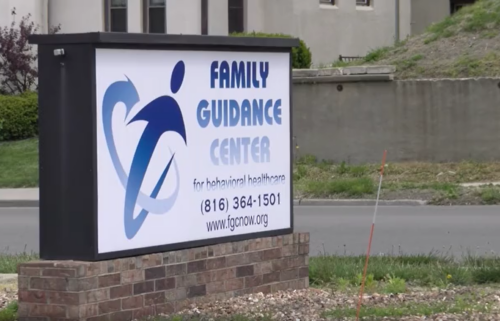Risk of West Nile virus increases this time of year

By Charles Christian
A St. Joseph infectious disease expert is encouraging people to take reasonable precautions to avoid mosquito bites, as the insects can pass on West Nile virus, which has been detected in Missouri this summer.
Data from the Missouri Department of Health and Senior Services shows that as of Aug. 31, two confirmed cases and four probable cases of the virus have been reported in the state. One of those probable cases resulted in the death of a resident in Lincoln County. It has also infected people around the country, including Dr. Anthony Fauci, former chief medical adviser to the president, who recovered from the virus.
West Nile virus infections are not new this year. In 2023, 35 cases of the virus were reported in Missouri, according to Missouri DHSS data.
Infectious disease specialist Dr. Scott Folk, who recently retired from Mosaic Life Care, said that although it is rare for the virus to do serious damage, higher rates and greater seriousness of infection are most often seen during late summer and early fall.
“The virus mostly occurs in birds, and mosquitoes are the vectors — the things that transmit West Nile from birds to humans,” Folk said. “This time of year, there are enough infected mosquitoes infected from birds … the risk of transmission and infections is very real.”
Fortunately, according to Folk, about 80% of those infected with West Nile show no symptoms. The only way to detect it in these cases would be through blood tests that indicate antibodies for the virus. However, about 19% of people do develop symptoms similar to the flu or at least a bad cold, Folk said.
“For about 1% of people, the symptoms can be quite serious,” Folk said. “The two most serious ways the virus shows itself are in brain swelling, called encephalitis, and issues with the liver, called meningitis.”
Although the worst symptoms of West Nile can occur in any age group, Folk said that those who are 65 or older are particularly susceptible to more serious forms. This was the case for St. Joseph resident Sandra Warford Woody, now 85, who was diagnosed with West Nile Virus a few years ago.
“At first, doctors thought it was just a sinus infection,” Woody said. “My diagnosis was West Nile viral meningitis, and it took about three days before they found what exactly was wrong with me.”
Woody said that Folk was able to begin treatment after the diagnosis was confirmed. Her treatment started with nine days in the hospital. It was several weeks before she was able to regain her strength.
“There is no vaccine and no direct cure for West Nile,” Folk said. “However, once diagnosed, doctors can aggressively treat the symptoms.”
Experts like Folk recommend taking reasonable precautions to avoid mosquito bites, especially during the late summer and early fall. This includes using mosquito repellent, especially in the early evening hours. Also, be cautious around standing water, since mosquitoes thrive in these environments. Finally, wear long sleeves and long pants in areas where mosquitoes are most prevalent.
“Because it is so prevalent this time of year, don’t ignore any flu-like symptoms or body aches you might have,” Woody said.
Further questions about the virus can be directed to the infectious disease physicians at Mosaic Life Care at (816) 271-1346.



